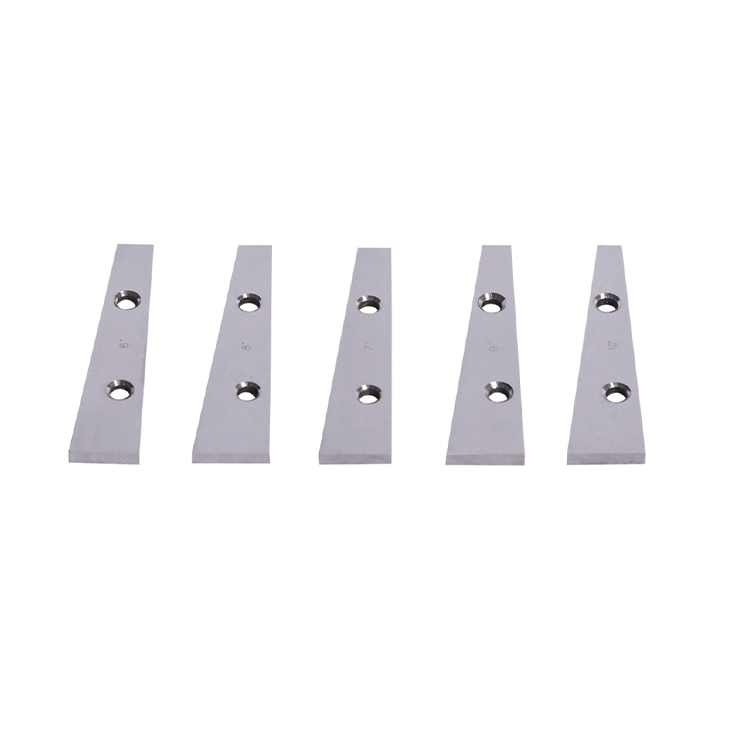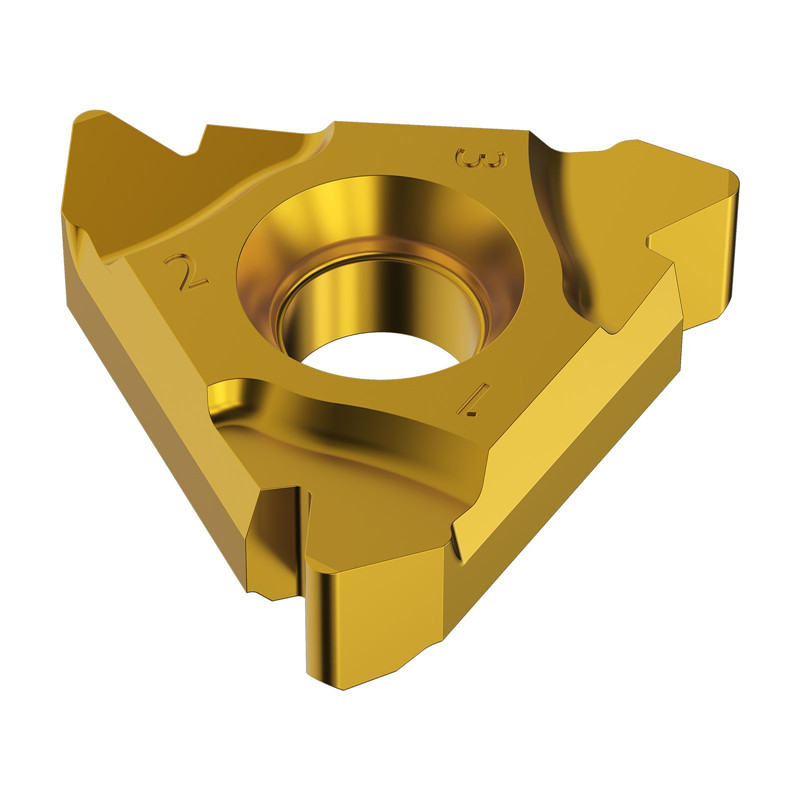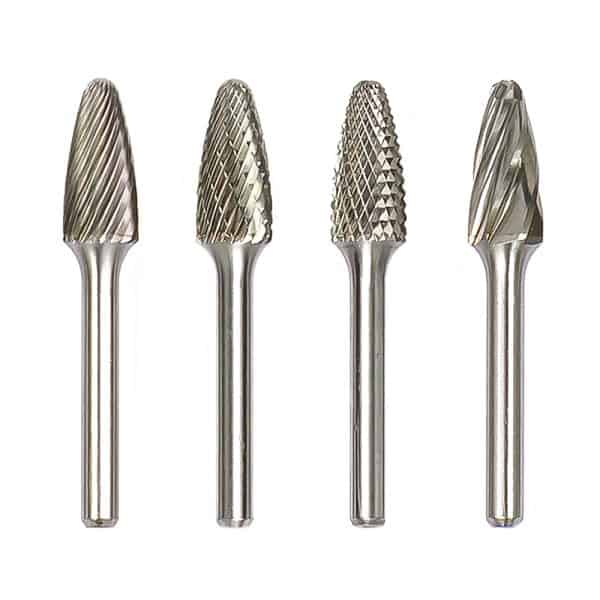Machine Reamer Manufacturer
Finding a reliable machine reamer manufacturer is crucial for achieving precision and efficiency in metalworking. This article explores the key factors to consider when selecting a supplier, including reamer types, materials, customization options, quality control, and industry reputation, helping you make an informed decision for your specific application.
Understanding Machine Reamers and Their Applications
Machine reamers are essential cutting tools used to enlarge and finish existing holes to precise dimensions and smooth surface finishes. Unlike drills, which create holes, machine reamers refine them, ensuring accuracy and concentricity. They are widely used in various industries, including automotive, aerospace, manufacturing, and tooling.
Types of Machine Reamers
Different types of machine reamers cater to specific applications. Here are some common types:
- Straight Reamers: General-purpose reamers for through holes.
- Tapered Reamers: Designed to create tapered holes.
- Helical Reamers: Offer improved chip evacuation and reduced chatter.
- Adjustable Reamers: Allow for minor diameter adjustments.
- Shell Reamers: Designed for use with arbors, offering cost savings for larger diameters.
Materials Used in Machine Reamer Manufacturing
The material of the machine reamer significantly impacts its performance and lifespan. Common materials include:
- High-Speed Steel (HSS): Offers a good balance of toughness and wear resistance, suitable for general-purpose applications.
- Cobalt HSS (HSS-Co): Provides increased heat resistance and wear resistance, ideal for machining tougher materials.
- Carbide: Offers exceptional hardness and wear resistance, suitable for high-speed machining and abrasive materials.
- Solid Carbide: Even greater rigidity than carbide-tipped reamers, reducing vibration and improving accuracy.
Key Considerations When Choosing a Machine Reamer Manufacturer
Selecting the right machine reamer manufacturer requires careful evaluation. Consider the following factors:
Quality and Precision
Precision is paramount when it comes to machine reamers. A reputable manufacturer should have stringent quality control processes in place to ensure consistent accuracy and adherence to dimensional tolerances. Look for certifications like ISO 9001. Consider asking for inspection reports or sample reamers to assess the quality firsthand.
Customization Options
Often, standard machine reamers may not perfectly fit your specific needs. A good manufacturer should offer customization options, including:
- Diameter Adjustments: Tailoring the reamer to your exact hole size requirements.
- Material Selection: Choosing the optimal material for your workpiece.
- Coating Options: Applying coatings like TiN (Titanium Nitride) or TiAlN (Titanium Aluminum Nitride) to enhance wear resistance and reduce friction.
- Geometry Modifications: Altering the flute design or point geometry for improved performance in specific materials.
Manufacturing Capabilities and Capacity
Ensure the manufacturer has the necessary equipment and capacity to meet your production volume requirements. Consider their lead times and ability to handle large orders. Ask about their machining capabilities, including CNC grinding and other advanced manufacturing technologies.
Industry Reputation and Experience
A manufacturer's reputation speaks volumes about their reliability and quality. Look for companies with a proven track record in the industry and positive customer reviews. Check their website for case studies or testimonials. Wayleading Tools, for instance, has been providing high-quality reamers for over a decade and are known for exceptional customer service. (This is an example of weaving in the website name smoothly.)
Technical Support and Customer Service
Excellent technical support is crucial for addressing any issues or questions that may arise. Choose a manufacturer that provides prompt and helpful customer service. They should be able to offer guidance on reamer selection, application, and troubleshooting.
Pricing and Value
While price is a factor, focus on the overall value proposition. A slightly more expensive reamer that offers superior performance and longevity may ultimately be more cost-effective than a cheaper alternative. Request quotes from multiple manufacturers and compare their offerings.
Questions to Ask Potential Machine Reamer Manufacturers
Before committing to a supplier, ask these questions:
- What quality control measures do you have in place?
- Can you provide certifications or inspection reports?
- What customization options are available?
- What are your lead times for standard and custom reamers?
- Do you offer technical support?
- What materials do you work with?
- What is your return policy?
Maintaining and Using Machine Reamers for Optimal Performance
Proper maintenance and usage are crucial for extending the life and performance of your machine reamers. Follow these guidelines:
- Use the correct cutting speed and feed rate for the material being machined. Refer to the manufacturer's recommendations.
- Ensure adequate lubrication to reduce friction and heat.
- Regularly inspect reamers for signs of wear or damage.
- Sharpen or replace reamers as needed.
- Store reamers in a protective case or rack to prevent damage.
Conclusion
Selecting the right machine reamer manufacturer is a critical decision that can significantly impact the quality and efficiency of your metalworking operations. By carefully considering the factors outlined in this guide, you can find a supplier that meets your specific needs and helps you achieve optimal results. Remember to prioritize quality, customization options, and a strong industry reputation when making your choice.
Related products
Related products
Best selling products
Best selling products-
 HSS Involute Spline Cutter With PA30
HSS Involute Spline Cutter With PA30 -
 Type E Oval Tungsten Carbide Rotary Burr
Type E Oval Tungsten Carbide Rotary Burr -
 HSS Shell End Mill Cutter With Bright & TiN Or TiAlN Coated
HSS Shell End Mill Cutter With Bright & TiN Or TiAlN Coated -
 Deburring Tool Holder For The Deburring Tool Blades
Deburring Tool Holder For The Deburring Tool Blades -
 Dead Center For Morse Taper Shank
Dead Center For Morse Taper Shank -
 Indexable Spade Drill Holder With Helical Flute Holder And Taper Shank
Indexable Spade Drill Holder With Helical Flute Holder And Taper Shank -
 Precision V Block Set With M Type
Precision V Block Set With M Type -
 Precision Vernier Caliper With Nib Style & Standard Style Jaws Of Metric & Imperial For Industrial
Precision Vernier Caliper With Nib Style & Standard Style Jaws Of Metric & Imperial For Industrial -
 Precision Outside Micrometer Of Inch & Metric With Rachet Stop
Precision Outside Micrometer Of Inch & Metric With Rachet Stop -
 Stub Milling Machine Arbor With NT, R8 and MT Shank
Stub Milling Machine Arbor With NT, R8 and MT Shank -
 Precision V Block And Clamps Set With High Quality Type
Precision V Block And Clamps Set With High Quality Type -
 Precision 5pcs & 6pcs Angle Blocks Set With High Quality Type
Precision 5pcs & 6pcs Angle Blocks Set With High Quality Type










